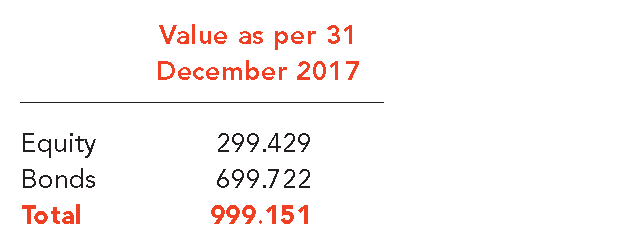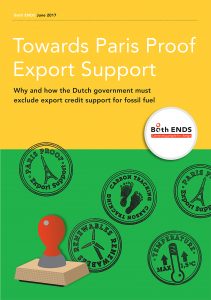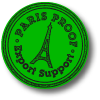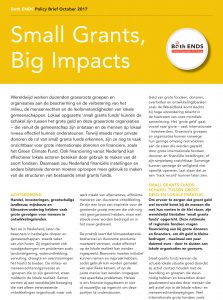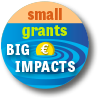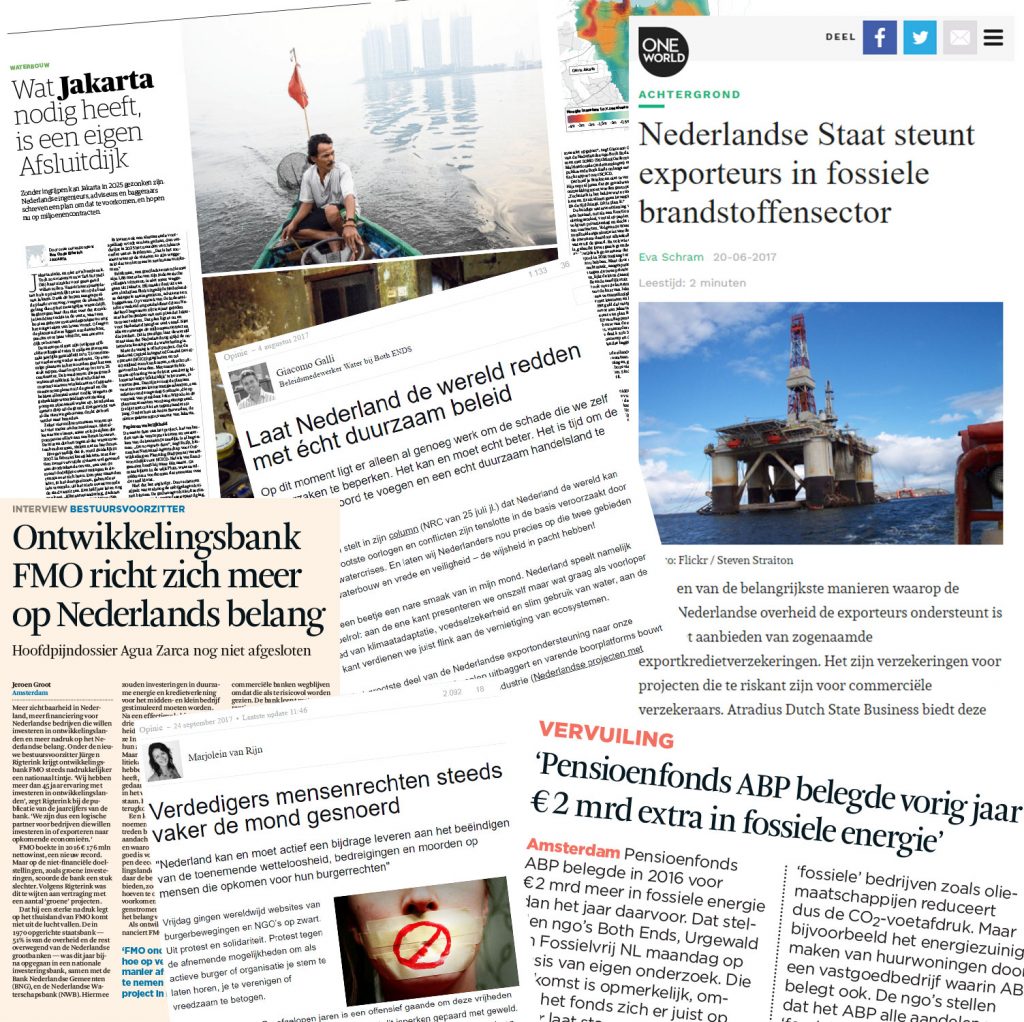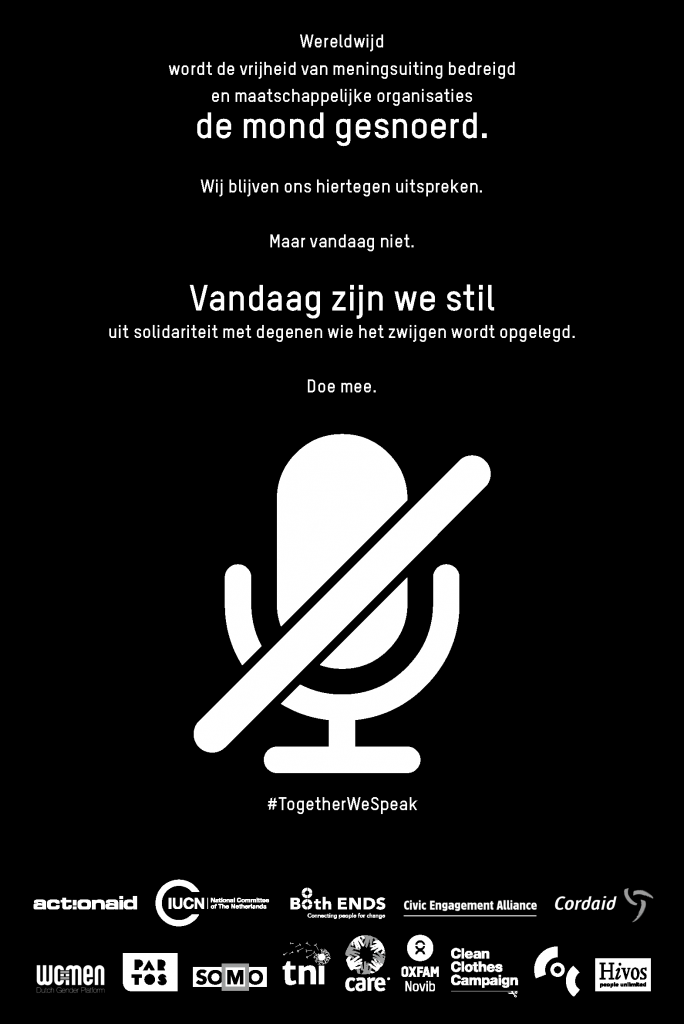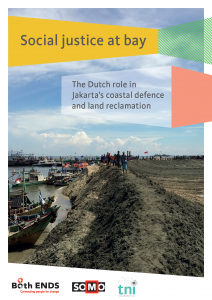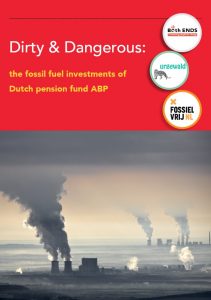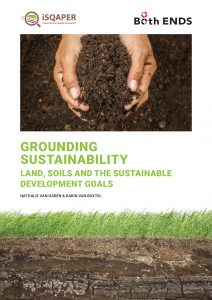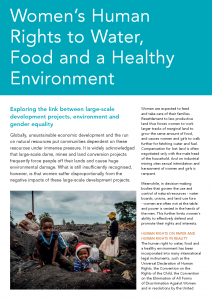Last year Both ENDS decided to develop an organisational risk analysis to better identify potential risks linked to the different organisational processes. This exercise will be evaluated and repeated each year. We highlight some of these risks here, as well as the corresponding mitigation measures that were taken last year to eliminate these risks as much as possible.
RISK: Insufficient attention is being devoted to the potential danger that Both ENDS personnel may face when travelling to partner countries.
Mitigation measure: Both ENDS finalised a security policy in 2017, as a result of which the necessary precautions have been taken to ensure the safety of travelling personnel. A Crisis Management Team (CMT) has been appointed to take the lead in the implementation of the policy and to take responsibility in case of crises or issues related to the security of Both ENDS’ personnel. The CMT received training so its members can fulfil that role effectively.
RISK: Data use and storage at Both ENDS is not up to date with the latest privacy legislation. The security of Both ENDS personnel and partners is at risk as long as we do not implement measures to ensure the safe use of data.
Mitigation measure: In 2016 new legislation was introduced related to the privacy of data (AVG, Algemene Verordening Gegevensbescherming). The legislation is set to be adopted in 2018 but the necessary preparations were already made in 2017. Several discussions were organised with groups of colleagues on this topic and we began by developing a handbook that will be used as a guideline for the use and storage of data at Both ENDS.
RISK: We generate insufficient funding to extend programmes and projects that are due to end in the short term.
Mitigation measure: We constantly monitor programmes/projects that are due to end in the short term but which we would like to extend. This is a priority in our fundraising. We maintain an overview of the duration of our programmes and projects and keep track of themes addressed in these programmes/projects, together with thematic developments that we would like to address in future programmes/projects. To meet these thematic demands in our fundraising, we continuously attempt to forge valuable partnerships with new donors and make sure that we maintain good relations with our current donors.


